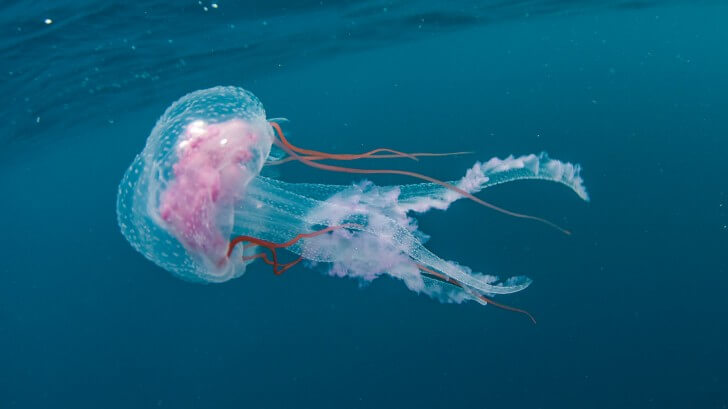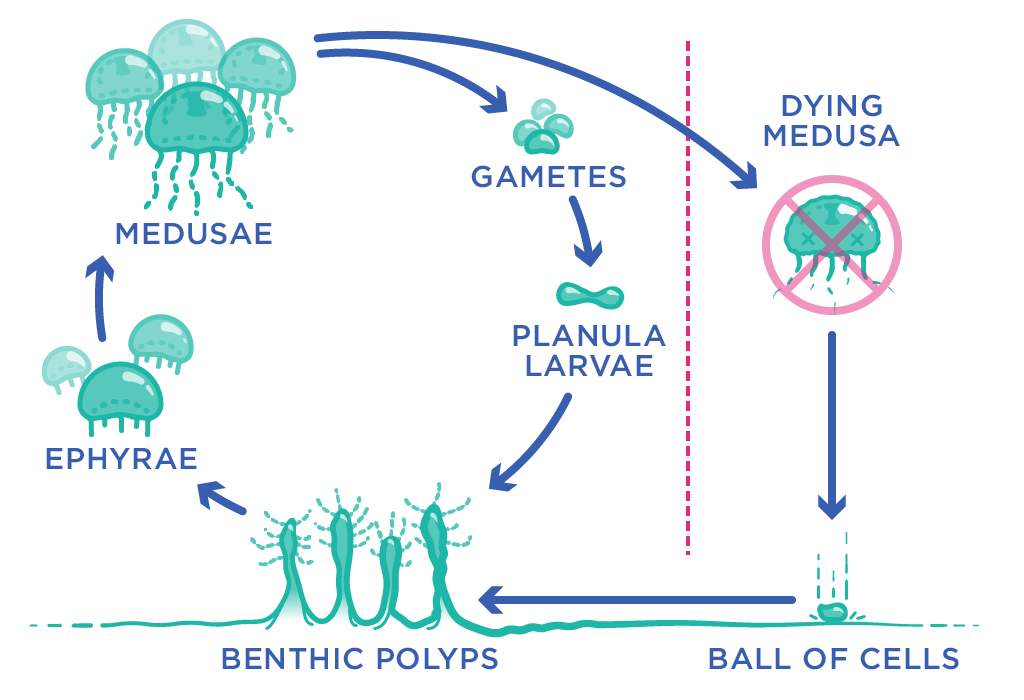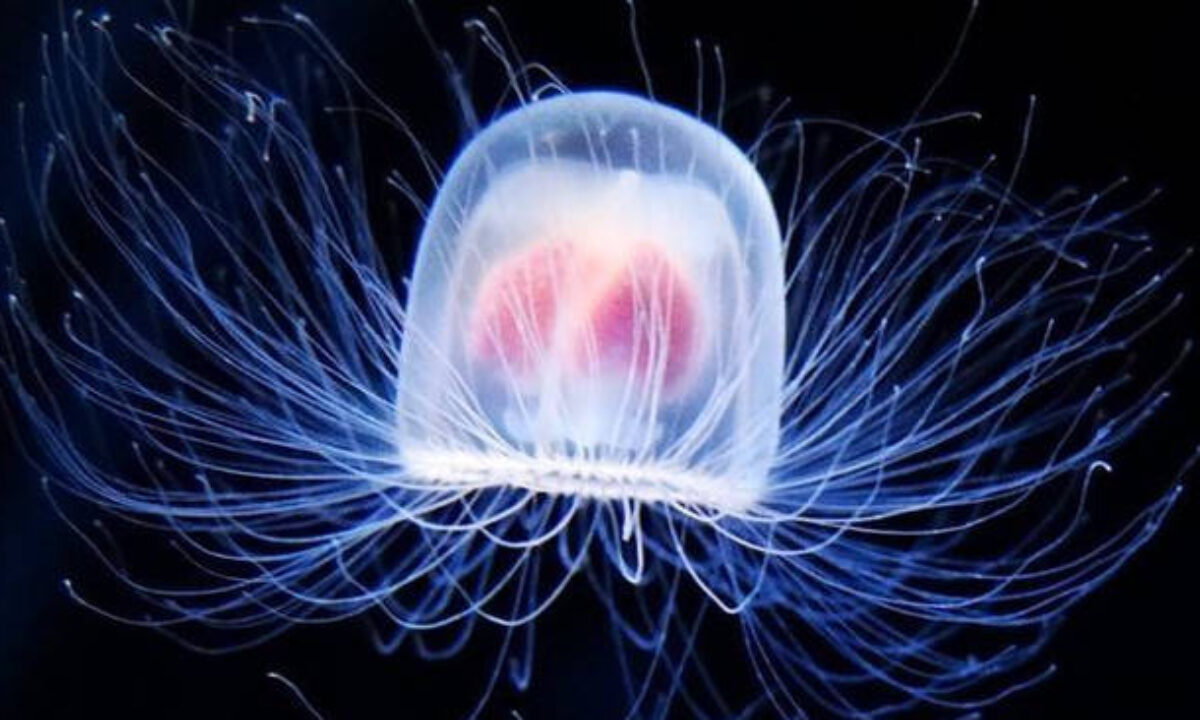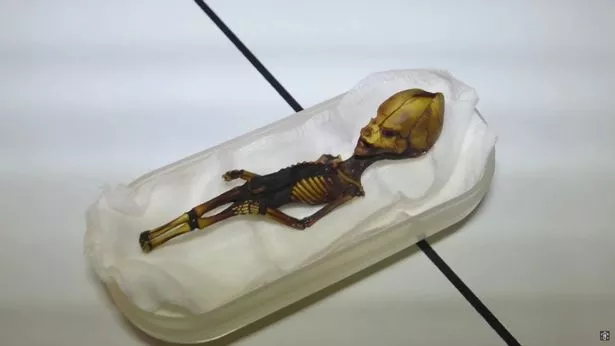There is a species of jellyfish that never dies?
Written by Sneh Chaudhry on February 28, 2022
To date, there are only one species that has been called ‘biologically immortal’: the jellyfish Turritopsis dohrnii. These small, transparent animals hang out in oceans around the world and can turn back time by reverting to an earlier stage of their life cycle.

A new jellyfish’s life begins with a fertilised egg, which grows into a larval stage called a planula. After a quick swim, the planula latches onto a surface (like a rock, or the ocean floor, or a boat’s hull), where it develops into a polyp: a tube-shaped structure with a mouth at one end and a kind of ‘foot’ at the other. It remains stuck in place for some time, growing into a little colony of polyps that share feeding tubes with each other.
Eventually, depending on the jellyfish species, one of these polyps will form an outgrowth called a ‘bud’, or it may produce separate segments stacked on top of one another, that can then break away from the rest of the colony. This process is responsible for the next stages of the jellyfish life cycle: the ephyra (a small jellyfish) and the medusa, which is the fully-formed adult stage capable of sexual reproduction.

For most other jellyfish, this stage is the end of the line. But Turritopsis dohrnii (and possibly some other jellyfish species too) has a neat party trick: when it faces some kind of environmental stress, like starvation or injury, it can revert back to being a tiny blob of tissue, which then changes back into the sexually immature polyp phase of life. It is a bit like a butterfly turning back into a caterpillar, or a frog becoming a tadpole again.

Of course, Turritopsis dohrnii isn’t truly ‘immortal’. They can still be consumed by predators or killed by other means. However, their ability to switch back and forth between life stages in response to stress means that, in theory, they could live forever.







